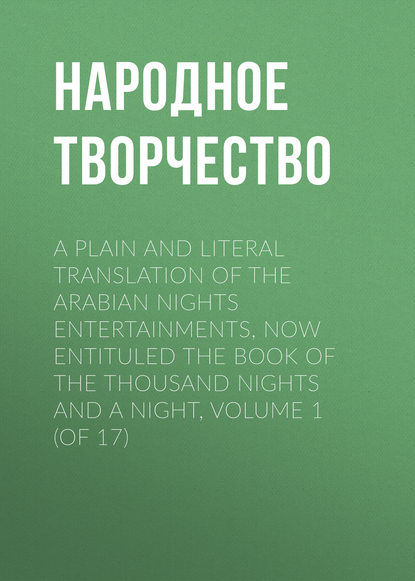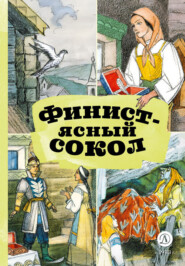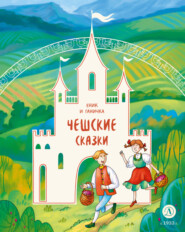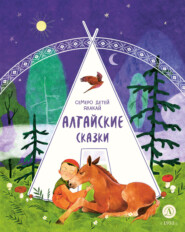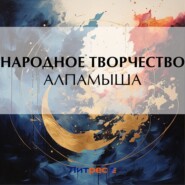По всем вопросам обращайтесь на: info@litportal.ru
(©) 2003-2024.
✖
A plain and literal translation of the Arabian nights entertainments, now entituled The Book of the Thousand Nights and a Night, Volume 1 (of 17)
Настройки чтения
Размер шрифта
Высота строк
Поля
677
In the orig. "O old woman!" which is insulting.
678
So the Italians say "a quail to skin."
679
"Amán" is the word used for quarter on the battle-field; and there are Joe Millers about our soldiers in India mistaking it for "a man" or (Scotticè) "a mon."
680
Illustrating the Persian saying "Allah himself cannot help a fool."
681
Any article taken from the person and given to a criminal is a promise of pardon, of course on the implied condition of plenary confession and of becoming "King's evidence."
682
A naive proposal to share the plunder.
683
In popular literature "Schacabac." And from this tale comes our saying "a Barmecide's Feast," i. e. an illusion.
684
The Castrato at the door is still (I have said,) the fashion of Cairo and he acts "Suisse" with a witness.
685
As usual in the East, the mansion was a hollow square surrounding what in Spain is called Patio: the outer entrance was far from the inner, showing the extent of the grounds.
686
"Nahnu málihín"=we are on terms of salt, said and say the Arabs. But the traveller must not trust in these days to the once sacred tie; there are tribes which will give bread with one hand and stab with the other. The Eastern use of salt is a curious contrast with that of Westerns, who made it an invidious and inhospitable distinction, e. g. to sit above the salt-cellar and below the salt. Amongst the ancients, however, "he took bread and salt" means he swore, the food being eaten when an oath was taken. Hence the "Bride cake" of salt, water and flour.
687
Arab. "Harísah," the meat-pudding before explained.
688
Arab. "Sikbáj," before explained; it is held to be a lordly dish, invented by Khusraw Parwiz. "Fatted duck" says the Bresl. Edit. ii. 308, with more reason.
689
I was reproved in Southern Abyssinia for eating without this champing, "Thou feedest like a beggar who muncheth silently in his corner;" and presently found that it was a sign of good breeding to eat as noisily as possible.
690
Barley in Arabia is, like our oats, food for horses: it fattens at the same time that it cools them. Had this been known to our cavalry when we first occupied Egypt in 1883-4 our losses in horse-flesh would have been far less; but official ignorance persisted in feeding the cattle upon heated oats and the riders upon beef, which is indigestible, instead of mutton, which is wholesome.
691
i. e. "I conjure thee by God."
692
i. e. "This is the very thing for thee."
693
i. e., at random.
694
This is the way of slaughtering the camel, whose throat is never cut on account of the thickness of the muscles. "Égorger un chameau" is a mistake often made in French books.
695
i. e. I will break bounds.
696
The Arabs have a saying corresponding with the dictum of the Salernitan school: —
Noscitur a labiis quantum sit virginis antrum:
Noscitur a naso quanta sit hasta viro;
(A maiden's mouth shows what's the make of her chose;
And man's mentule one knows by the length of his nose.)
Whereto I would add: —
And the eyebrows disclose how the lower wig grows.
The observations are purely empirical but, as far as my experience extends, correct.
697
Arab. "Kahkahah," a very low proceeding.
698
Or "for every death there is a cause;" but the older Arabs had a saying corresponding with "Deus non fecit mortem."





